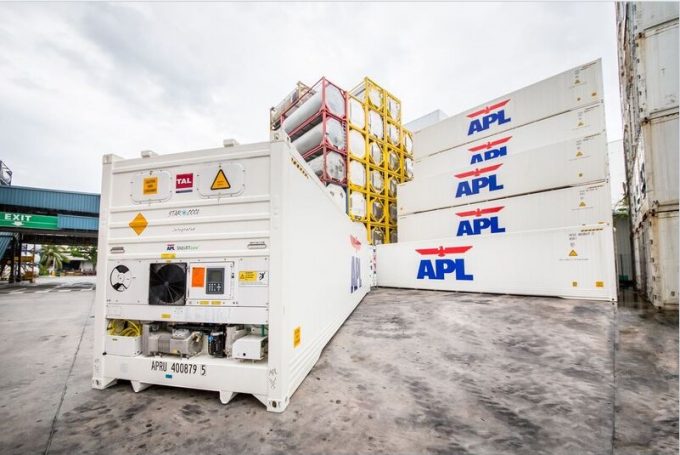Colin Eeles joins Kerry Logistics as business development director
Kerry Logistics UK has appointed freight industry veteran Colin Eeles (above) as its new business ...

The growing popularity of Japanese fresh produce across Asia is creating new opportunities for reefer shipping, while a government-led initiative to increase sea exports could pose a threat to the dominance of air cargo.
Ocean carrier APL, recently acquired by CMA CGM, told The Coolstar the globalisation ...

Comment on this article